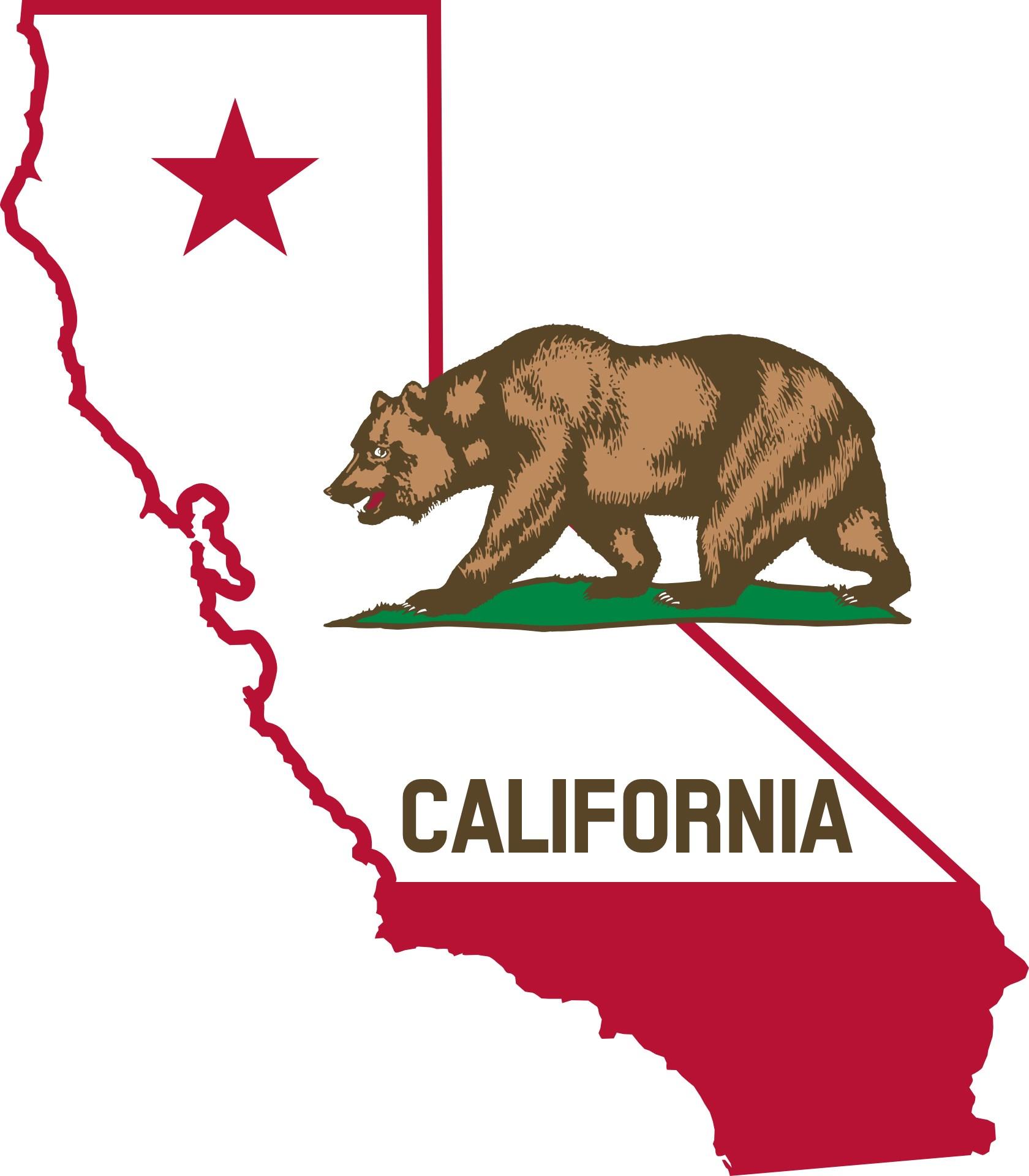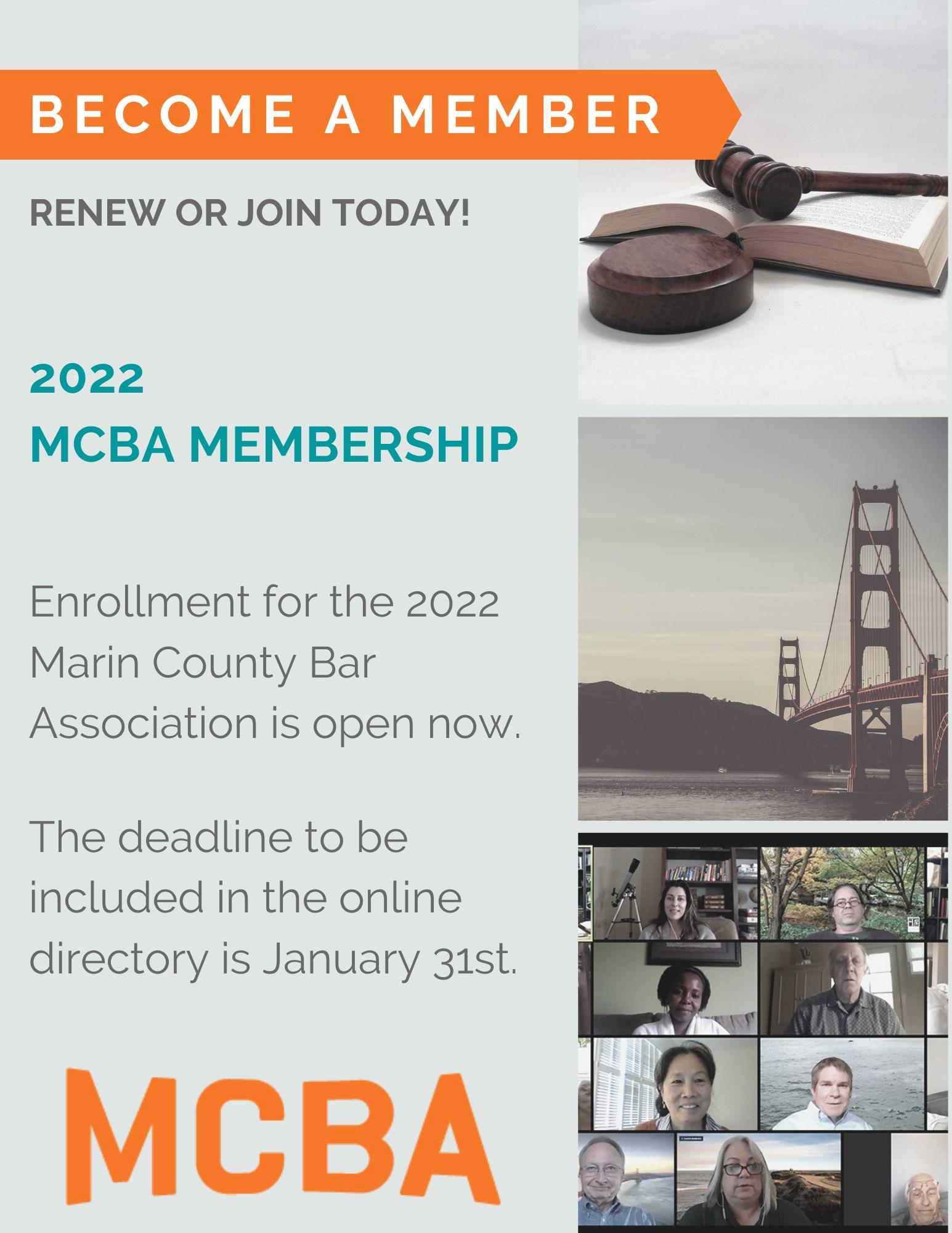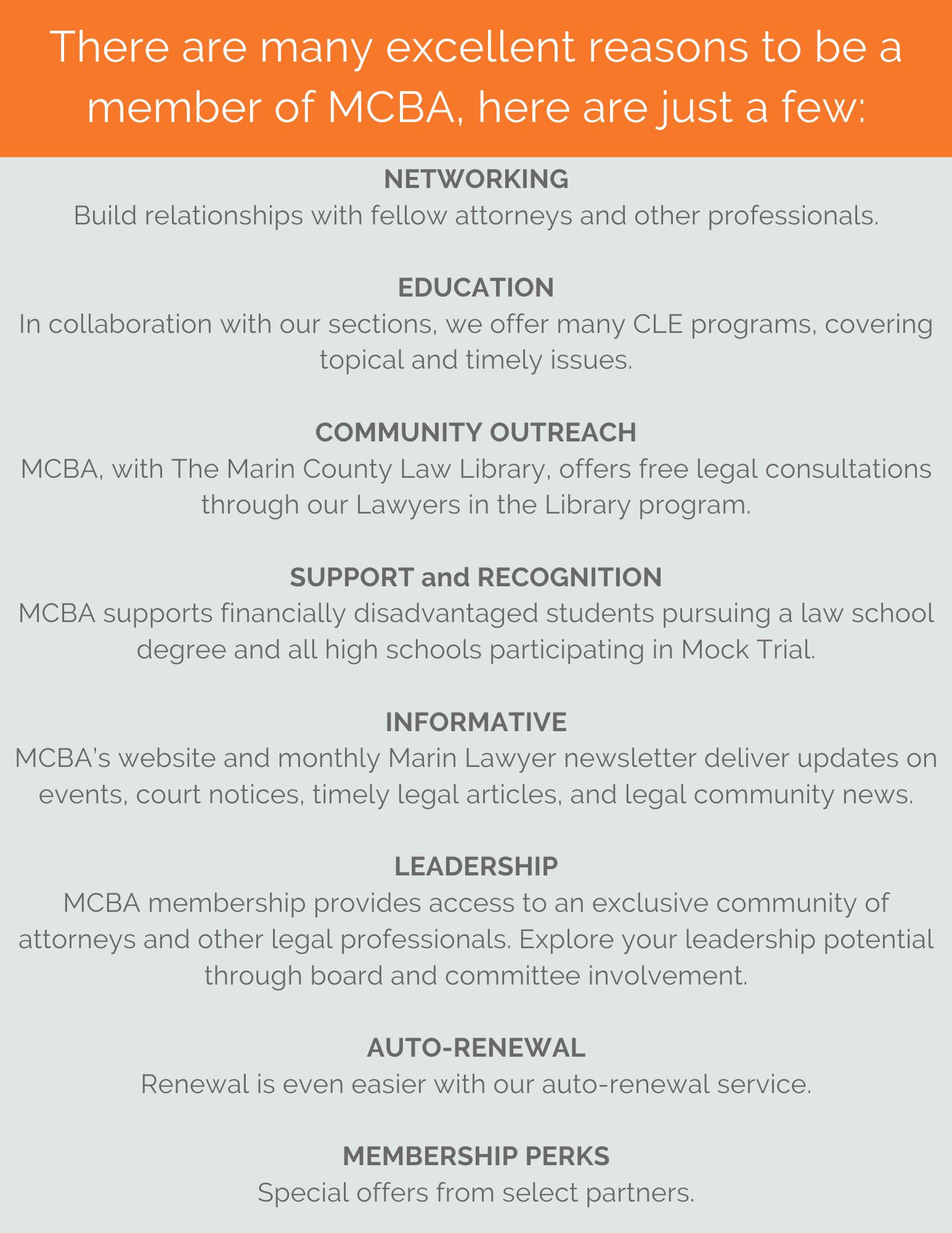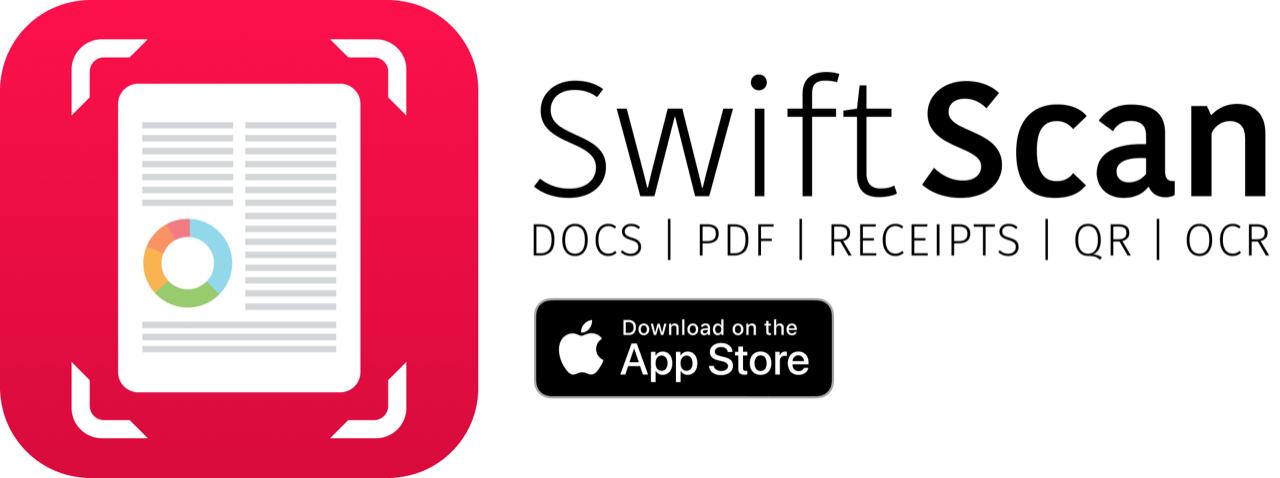
10 minute read
New California Laws
2022 NEW LAW
New California Laws
JOEL GUMBINER It is an exciting time of the year for “new law” buffs. As always, California’s new laws are a mix of added protections for workers, consumers, citizens in general and the press. Some of these new laws may start trends across the country. What’s the saying? “As California goes, so goes the nation.” So keep your condoms on, get your old press credentials out, and make sure you go to the right section of the toy store when shopping next Christmas. In the meantime, start reading—here are just some of the new laws taking effect in California on January 1, 2022 and beyond.
Gender-Neutral Toy Sections
AB 1084 requires large department stores that sell kids’ products to maintain a genderneutral section of toys and childcare items. Stores that do not comply face a penalty of up to $250 for first offenses, and up to $500 for second offenses. Some commentators say this bill might not radically alter Californians’ shopping experiences as some large stores already organize their toys by type of product rather than by gender.
A Free Press at Protests
SB 98 prevents police from blocking journalists covering protests and demonstrations
and ensures reporters can be in protest areas without being arrested. It also prohibits police from “intentionally assaulting, interfering with, or obstructing” journalists’ newsgathering. It does not, however, create criminal liability for the police. This bill appears to be a response to police crackdowns—some violent—on protests and demonstrations in recent years where journalists covering events were arrested and injured.
Free COVID Testing
SB 510 aims to put a stop to “surprise billing” for COVID-19 tests and vaccinations, ensuring patients face no out-of-pocket fees from
health plans and insurers during the public health emergency regardless of whether they receive their services through in- or out-ofnetwork providers. The bill also requires insurers to fully cover COVID-19 screening tests—like those increasingly required on a regular basis by employers and schools. Governor Newsom signed the bill on October 8, at which time he said it “will ensure uniformity in testing payment and access rules throughout the state.” In a side note, the Governor also directed the Department of Managed Health Care to issue guidance “to address concerns about how the prevailing market rate is determined. This would help prevent price gouging.”
Teaching Mental Health
SB 224 mandates mental health instruction in middle schools and high schools that have an existing health education course. Supporters hope that such instruction would eventually be required in all schools statewide. Required content covers a range of topics, including promoting mental wellness, signs and symptoms of common mental health conditions and ways to seek help.
Removing Condoms Without Consent
AB 453 makes it illegal to remove a condom without consent during sexual intercourse, making “stealthing” —nonconsensual condom removal—a sexual battery under the state’s Civil Code. It allows victims to sue their sexual partners for damages and makes California the first state in the country to outlaw stealthing.
Decertifying Police Officers
SB 2 gives the state’s Commission on Peace Officer Standards and Training the power to decertify an officer for wrongdoing— effectively kicking them out of the profession. It also creates an advisory board made up mostly of civilians without policing experience to look into serious misconduct allegations against officers. It requires a two-thirds vote of commissioners to decertify officers. In signing this and several other police reform bills on September 30, Governor Newsom said, “Today marks another step toward healing and justice for all. Too many lives have been lost due to racial profiling and excessive use of force. We cannot change what is past, but we can build accountability, root out racial injustice and fight systemic racism.”
Restaurants Can Continue to Sell “To Go” Cocktails
SB 315, AB 61, and SB/AB 389 allow restaurants to continue selling to-go cocktails, using parking lots for expanded seating, and serving alcohol in parklets. The laws are already in effect but are now made permanent—at least until 12/31/2026.

Year-Round Fishing Licenses
AB 817 authorizes local authorities to issue year-round fishing licenses. Enough said!
Golden Gate Bridge Bike Speed Limit
Though not a new law, starting January 1, 2022, the Golden Gate Bridge authorities will be enforcing a 15 mile-per-hour speed limit for regular and electric bikes. Currently, the bridge has a “recommended” 15-mph limit in place. After January 1, the fines for exceeding 15 mph will be between $238 and $490 – the same as for speeding cars. The California Highway Patrol will be enforcing the limit!
NEW EMPLOYMENT LAWS
Read Jenny Schwartz and Menaka Fernando’s article in this issue for a rundown of significant new employment laws. Here are a few additional laws in chart form.
Law Main Topic Summary
AB 1171 Criminal Background Checks/Spousal Rape
Existing law requires certain employers to notify parents or guardians that an employee with specified convictions will supervise or have disciplinary authority over a child. This bill changes the specified convictions to any felony conviction. It also eliminates the distinct crime of spousal rape and defines rape to include rape of a spouse under the same circumstances as other rapes.
AB 1506 Independent Contractors Extends the applicability of the ABC test exemption to newspaper carriers until December 31, 2024. Requires newspaper publishers and distributors that directly contract newspaper carriers to submit certain information related to their workforce to the LWDA on or before March 1, 2022, 2023, and 2024.
AB 1561 Independent Contractors
AB 794 Port Drayage Motor Carriers
AB 825 Privacy: Data Breach Notice Extends until December 31, 2024, the applicability of the ABC test exemption to specified occupations (licensed manicurists, construction trucking services, research subjects working for data aggregators, claims adjusters and third-party administrators, and manufactured housing salespeople). Provides financial incentives for port drayage motor carriers, and others, for switching to electric vehicles. Modifies existing data security breach notifications to include genetic data under the definition of personal information.
Law Main Topic Summary
SB 255 Also SB 718 Benefits: Health Insurance
SB 326 Benefits: Health Insurance Authorizes an association of employers to offer a large group health care service plan contract or large group health insurance policy consistent with ERISA if certain requirements are met. Provides requirements for multiple employer welfare arrangements to offer large group health plans.
SB 572 Wage & Hour: Penalties Allows the Labor Commissioner to place a lien on real property to recover penalties owed for violations of the Labor Code.
SB 639 Disability: Subminimum Wage Phases out the licensing program for subminimum wages for persons with disabilities and requires that all employees with disabilities be paid no less than the state or local minimum wage by January 1, 2025.
San Francisco Healthcare Security Ordinance Benefits: Health Insurance Raises San Francisco's health care expenditure rate to $3.30 per hour for employers with 100 or more employees and $2.20 per hour for employers with 20-99 employees.
NEW REAL ESTATE / HOUSING / ZONING LAWS New Housing Developments
SB 8 is an omnibus clean-up bill impacting several previous housing initiatives. Notably, it extends key provisions of SB 330, also known as the Housing Crisis Act of 2019 (previously set to expire in 2025), until January 1, 2030. That act: • Sets limits on the local approval process for housing projects; • Curtails local governments’ ability to downzone residential parcels after project initiation; • Limits fee increases on housing applications; • Prohibits development policy that would have the effect of changing the general plan land use designation or zoning of a parcel of property to a less intensive use (including reductions in height, floor area ratios, or open space/lot coverage); • Prohibits approval of a housing development project that will require the demolition of occupied or vacant protected rental units unless certain requirements are met; • Allows existing occupants that are required to leave their units to return at
their prior rental rate if the demolition does not proceed and the property is returned to the rental market. This section applies to housing development projects that submit a preliminary application after January 1, 2022 and before January 1, 2030.
Housing Opportunity and More Efficiency (HOME) Act
SB 9 facilitates the process for homeowners to subdivide their current residential lot or build a duplex and allows for ministerial approval, without discretionary review or hearings, of duplex residential development on single-family zoned parcels. There are limitations, such as: • The project may not be located within a historic district or within a site that is designated as a landmark or historic property pursuant to local ordinance. • A local agency may impose objective zoning standards unless they would preclude either of the two units from being at least 800 square feet in floor area. • No setback may be required for an existing structure or a structure constructed in the same location and dimensions as an existing structure.
Local Government Zoning Ordinances for Dense Urban Areas
SB 10 creates a voluntary process for local governments to pass ordinances prior to January 1, 2029, to zone any parcel for up to ten (10) residential units if located in “transit rich areas” and urban infill sites. This provides cities, including charter cities, an increased ability to upzone property for housing without the processing delays and litigation risks associated with CEQA, from which the law is exempt. SB 10 does not apply to parcels located within a high or very high fire hazard severity zone, as determined by the Department of Forestry and Fire Protection.
OTHER IMPORTANT NEW LAWS TAKING EFFECT LATER:
• Ethnic studies to graduate: AB 101 requires ethnic studies for all California public school students and actually makes ethnic studies a graduation requirement.
School districts could either develop their own lessons or use the model curriculum developed by the state board of education. The law will go into effect by the 2024-25 school year, beginning with the class of 2030. • A menstrual equity bill: AB 367 requires
California’s public universities, community colleges, and secondary schools to provide free menstrual products on campus, beginning in the 2022-2023 school year. • Greater access to police records: SB 16 expands the public’s access to police records, allowing them to view sustained findings in which an officer used unreasonable force, failed to intervene when another officer used excessive force, engaged in racist or biased behavior, or conducted unlawful arrests and searches. It
goes into effect 1/1/22, but provides a grace period until 1/1/23 to make public the newly disclosable records. • A crackdown on debt settlement firms:
AB 1405 prohibits a debt settlement provider from engaging in false, deceptive, or misleading acts or practices, as specified, when providing debt settlement services.
It goes into effect 7/1/22. • More authority for cities to reduce their speed limits: AB 43 takes effect June 30, 2024. • Illegal to harass people entering vaccination clinics: SB 742 amended an existing law on this subject to help it get past first amendment issues. • Doggie blood bank: AB 1282 phases out controversial donor dog facilities to create a new canine blood bank system. • Easing transfers to UC and Cal State: AB 928 allows easier transfer from communi-
ty colleges to UC and Cal State four-year programs. • Adding dependent parents to your health plan: AB 570—the Parent Health Care
Act—allows adult children to add parents and stepparents to their individual health insurance policies. It takes effect in 2023. • Truth in recycling: SB 343 restricts what kinds of plastic packaging can tout the triangular symbol known as “chasing arrows” under the state’s truth-inadvertising law, taking effect in 2024. View this article at Marinbar.org
For more than thirty years, Mr. Gumbiner has litigated cases involving insurance coverage and "Bad Faith," real estate and property damage [including landslide, flood, earthquake, construction defect, transactional misrepresentation], and complex injury matters. He has extensive trial and appellate experience in these areas and has written and lectured on insurance-related issues for more than twenty years. Mr. Gumbiner has represented commercial and individual policyholders in every type of insurance litigation since 1983 including trials, appeals, arbitrations, mediations. WEBSITE



RENEW NOW JOIN NOW
MCBA Membership Perks
A reminder of MCBA Member Benefits available to you.
Be sure to check out the MCBA Member benefits offered through:
Cal Connect with select partners and discounts in Insurance, Financial Services, Business Services, Case Management and Travel!

Westlaw Research | A Thomson Reuters Company
MCBA Members can receive up to 40% Discount on Westlaw Research Solutions. New Westlaw subscribers only. Contact Mike Mooney


SwiftScan, an innovative document scanner app, is available to MCBA members at 25% off the first year. Click here to sign up.







